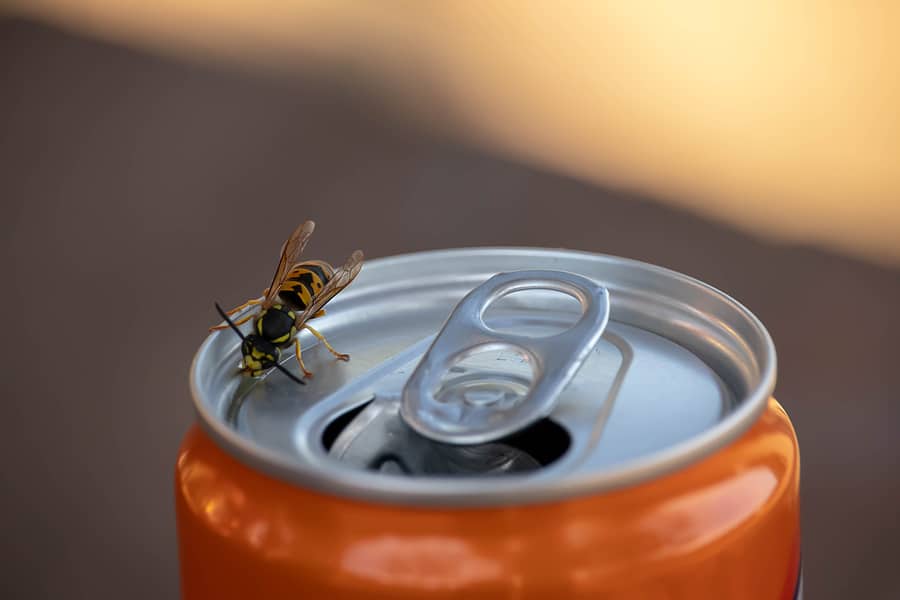READY TO GET STARTED?
REQUEST A FREE ESTIMATE
Fill out the form below or call (888) 466-7849 for a free, no-obligation estimate.

Spotting stinging pests around your business can be alarming. Yellowjackets, wasps, and hornets are all active during the warmer season as they go in search of a food source and a place to establish their colony. These pests can pose a serious health risk to your customers and business. We break down the most common stinging pests and the best ways to avoid them.
Wasps
Wasps will build their paper-like nests on eaves, porch ceilings, branches, and windowsills. These pests search for food during the summer months. They are highly attracted to any food found outdoors, along with anything with a fragrant smell such as candles or flowers. When threatened, these pests will sting multiple times and eventually call on reinforcements from other wasps by emitting pheromones.
Hornets
Hornet nests are built in hollow trees or the walls of buildings and attics. These pests are attracted to light and will often fly into open windows at night if they see a light. Hornets like to eat fruit and honeydew, causing them to congregate in areas where these foods are found. While they are non-aggressive near their nests, they will sting if they feel threatened. When stings occur, the stinger can get lodged in the skin.
Yellow Jackets
Yellowjackets are social insects and can be found wherever humans are. These pests like to eat sweets and proteins and will invade outdoor events to find these foods. Yellowjackets build their nests in high places, such as on trees and buildings, or on the ground. If they feel threatened, they will sting multiple times which can be extremely painful.
Stinging Pest Prevention for Your Business
If you have a problem with stinging pests, contact Commercial Services for an inspection and treatment plan.
Categories